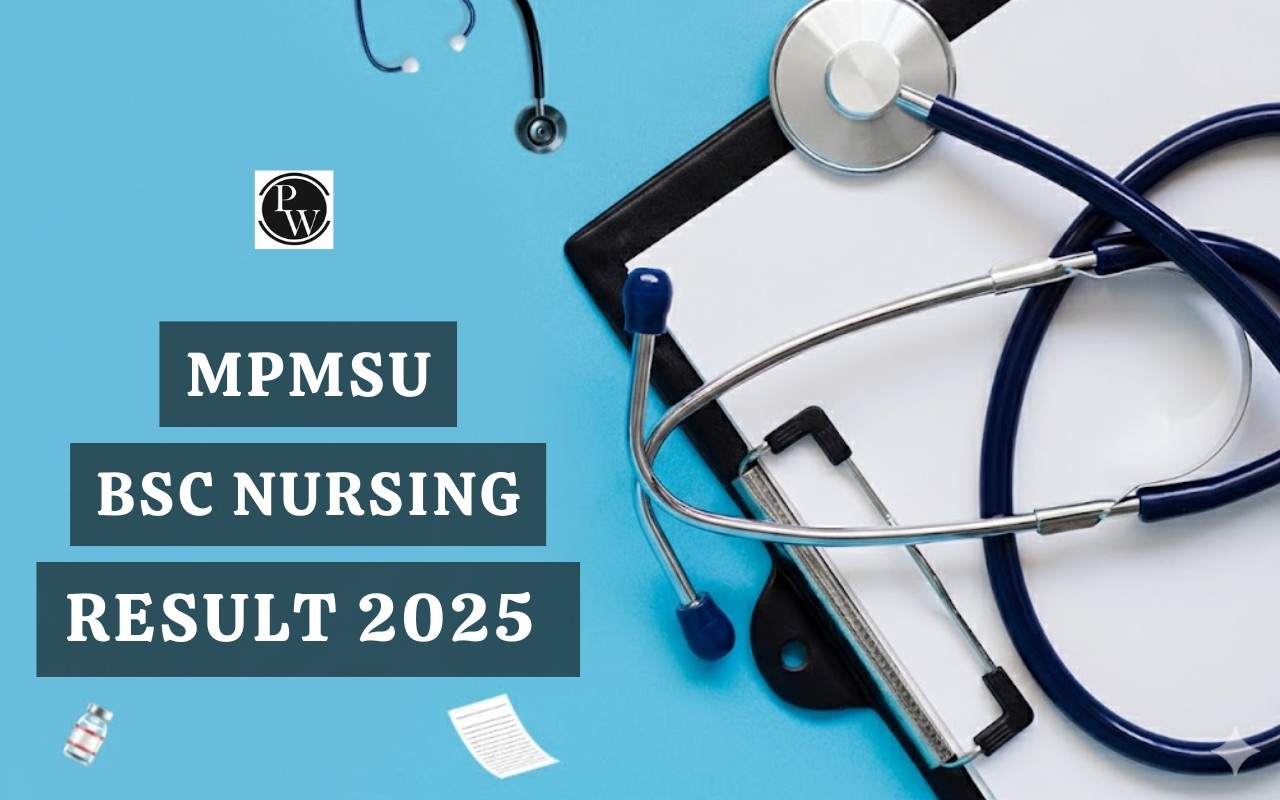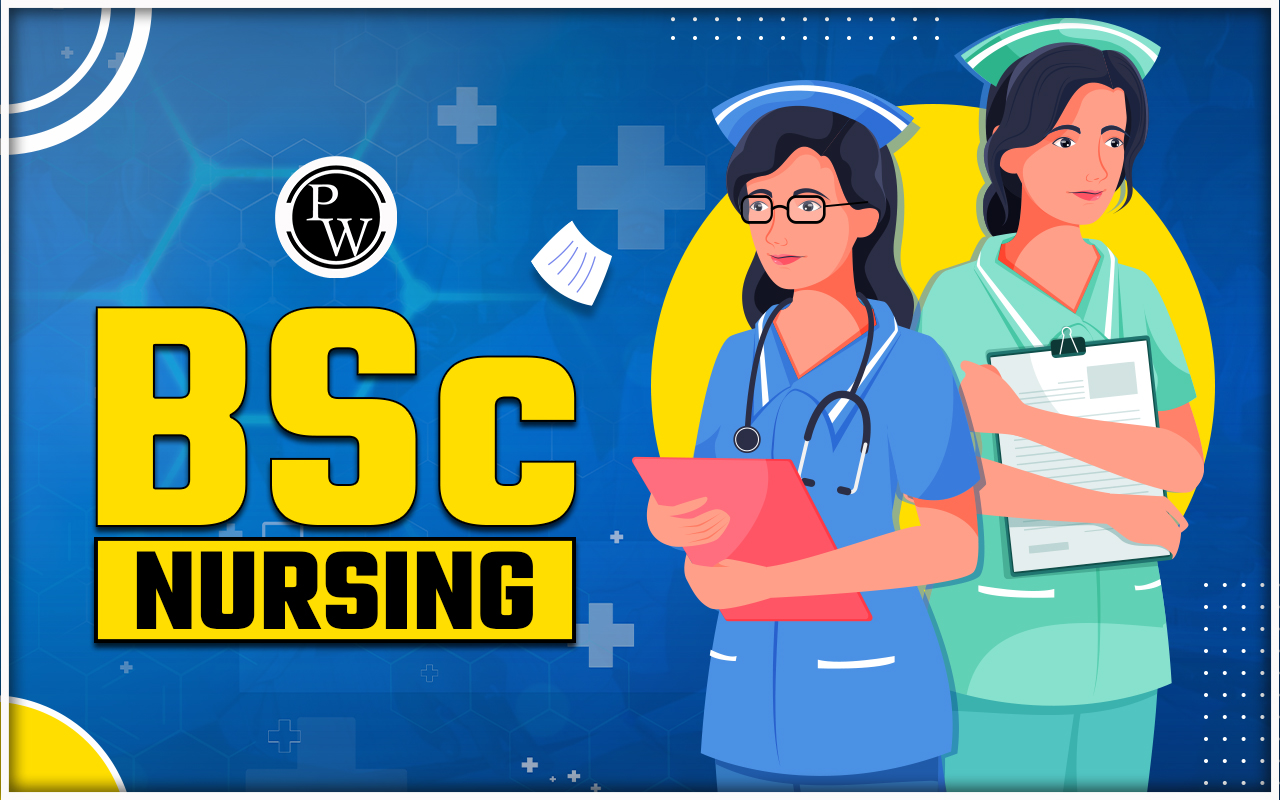
B.Sc. Nursing Syllabus 1st Year - Communicative English : In the revised curriculum for B.Sc. Nursing, Communicative English is included in the first semester, recognizing the importance of effective communication for nursing professionals. he Communicative English course is a 2-credit subject in the first semester of the B.Sc. Nursing syllabus , designed to enhance language skills critical for effective communication in healthcare. It covers 40 hours of instruction, focusing on Listening, Speaking, Reading, and Writing (LSRW) skills. The course emphasizes clear communication for patient safety, teamwork, and professional interaction, fostering critical thinking and the ability to interpret medical texts. By the end, students are equipped to communicate confidently in both clinical and academic settings.
B.Sc. Nursing Syllabus 1st Year - Communicative English Course Structure
The Communicative English course is a 2-credit subject offered in the first semester of the B.Sc. Nursing program. The course consists of 40 hours of classroom instruction, aiming to develop the students' language skills for effective communication in professional healthcare settings. The table below outlines the key components and time allocation for each unit of the course:| Unit | Topic | Hours |
|---|---|---|
| Unit 1 | Introduction to Communication | 3 hours |
| Unit 2 | Principles of Language Use | 5 hours |
| Unit 3 | Attentive Listening | 5 hours |
| Unit 4 | Effective Speaking | 9 hours |
| Unit 5 | Reading Comprehension | 5 hours |
| Unit 6 | Writing Skills | 5 hours |
| Unit 7 | Combining LSRW Skills | 8 hours |
| Total | 40 hours |
B.Sc. Nursing Syllabus 1st Year - Communicative English Unit-wise Course
Below is a detailed unit-wise breakdown of the Communicative English course, outlining specific topics covered within each unit, with a focus on helping nursing students develop critical language and communication skills:Unit 1: Introduction to Communication (3 hours)
This unit provides an overview of the concept, significance, and application of communication in healthcare settings.| Topics | Description |
|---|---|
| What is communication? | Introduction to the concept and importance of communication. |
| Communication in healthcare | Roles of listeners, speakers, and writers in a healthcare context. |
| Strategies for effective communication | Basic communication strategies for nursing professionals. |
| Topics | Description |
|---|---|
| Listening (L) | Focus on different types of listening (announcements, instructions, etc.). |
| Speaking (S) | Understanding consonants, vowels, word and sentence stress, intonation. |
| Reading (R) | Medical vocabulary, reading comprehension exercises. |
| Grammar (Gr) | Basic grammar concepts (tenses, linkers) for professional communication. |
| Writing (W) | Constructing simple sentences and short paragraphs with correct grammar. |
| Topics | Description |
|---|---|
| Listening to different situations | Announcements, narratives, instructions, descriptions, and discussions. |
| Reproducing content | Verbatim reproduction of listened information. |
| Listening to academic and professional talks | Practice through lectures, presentations, and academic content. |
Unit 4: Effective Speaking (9 hours)
This unit is designed to develop speaking skills, covering different conversation types and factors affecting speech. It focuses on communication techniques, such as giving instructions and handling telephonic conversations, while providing practical speaking practice in healthcare environments.| Topics | Description |
|---|---|
| Conversation types | Formal, informal, and neutral conversations. |
| Factors influencing speech | Setting, topic, relationship, attitude, and language in healthcare communication. |
| Asking for information and giving instructions | Techniques for asking and giving professional information in healthcare. |
| Telephonic conversations and presentations | Handling professional calls and delivering presentations. |
| Speaking to peers, patients, and healthcare teams | Role-plays and scenarios to enhance speaking in clinical settings. |
Unit 5: Reading Comprehension (5 hours)
This unit focuses on improving reading skills, with strategies tailored for healthcare professionals. It includes building medical vocabulary and interpreting various healthcare documents like reports, charts, and notes.| Topics | Description |
|---|---|
| Reading strategies | Techniques for effective reading in professional healthcare contexts. |
| Vocabulary building | Understanding medical terms, abbreviations, and technical language. |
| Reading reports, charts, and notes | Interpreting and analyzing medical charts, reports, figures, and frameworks. |
Unit 6: Writing Skills (5 hours)
This unit emphasizes essential writing skills for healthcare professionals, covering patient documentation, formal writing, and report writing. It includes techniques for summarizing medical information and maintaining accurate nursing records.| Topics | Description |
|---|---|
| Writing patient records | Techniques for writing clear and concise patient documentation. |
| Summarizing and note-taking | Skills for summarizing medical content and taking notes. |
| Formal writing | Writing letters, reports, and formal documents in healthcare. |
| Report writing | Structuring nursing reports and patient care documentation. |
Unit 7: Combining LSRW Skills (8 hours)
This unit focuses on integrating Listening, Speaking, Reading, and Writing (LSRW) skills through critical thinking and teamwork activities. It includes exercises that enhance decision-making abilities and practical experience in drafting instructions and reports in healthcare contexts.| Topics | Description |
|---|---|
| Critical thinking and decision-making strategies | Developing decision-making skills through integrated LSRW tasks. |
| Group discussions and presentations | Practicing communication and teamwork in professional healthcare settings. |
| Writing instructions and reports | Exercises on combining LSRW skills to draft instructions and reports. |
B.Sc. Nursing Syllabus 1st Year - Communicative English Assessment Methods
The assessment in Communicative English is both practical and theoretical. Students are evaluated through:- Listening tasks : Understanding audio recordings, conversations, and announcements.
- Speaking tests : Live tests on effective communication in clinical situations, including telephonic and face-to-face conversations.
- Reading comprehension : Analysis and interpretation of healthcare reports and documents.
- Writing tests : Creating patient reports, summaries, and formal letters based on the given scenarios.
- Group presentations : Showcasing critical thinking and effective communication within the healthcare team.
Importance of Communication Skills in Nursing
Effective communication is an integral part of nursing care. Nurses often act as the link between patients and doctors, and their ability to convey accurate information is vital. Poor communication can lead to medical errors, misunderstandings, and reduced quality of patient care. Mastering communicative English enables nurses to:- Ensure patient safety : Through clear documentation and precise instructions.
- Build trust with patients : By providing information in a way that patients understand.
- Collaborate with healthcare professionals : In ensuring coordinated care through clear communication.
BSc Nursing Syllabus 1st Year - Communicative English FAQs
What is the purpose of the Communicative English course in the B.Sc. Nursing curriculum?
How many hours of instruction does the Communicative English course include?
What topics are covered in the Communicative English course?
How is the assessment conducted for the Communicative English course?
Why are communication skills important for nursing professionals?










